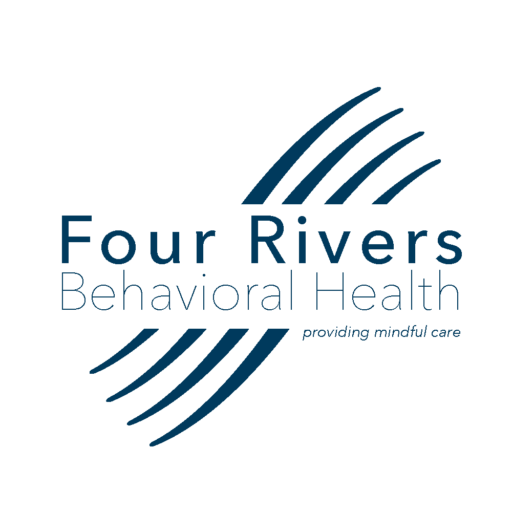Psychosis is a treatable medical condition. People who get help early in a psychotic episode often do better than people who wait a long time before seeking treatment.
This is the purpose of iHOPE—to provide early identification and treatment for young people who are experiencing first episode psychosis.
How can psychosis be detected early? In the beginning stage of psychosis, called the prodromal stage, family and friends may notice changes in emotions, behaviors, thinking, and beliefs about oneself and the world. Some examples are:
• Sensory sensitivity to light, sound, and touch
• Decreased sense of smell
• Reduced concentration, attention, and memory
• Difficulties understanding others and being understood in conversation
• Suspiciousness, paranoia or baseless fearfulness
• Subtle, very brief and infrequent illusions or hallucinations
• Odd ideas and behavior that are new and uncharacteristic
• Delusional thinking, but without conviction
• Progressive and marked deterioration in functioning at work or school
• Withdrawal from friends and even family members
The individual in the prodromal phase of psychosis will often retain awareness that what he is experiencing is not normal, and will accept help from those he trusts. Intervention and treatment can halt the progression of psychosis and psychotic symptoms.
Contact FRBH iHOPE for more information.


